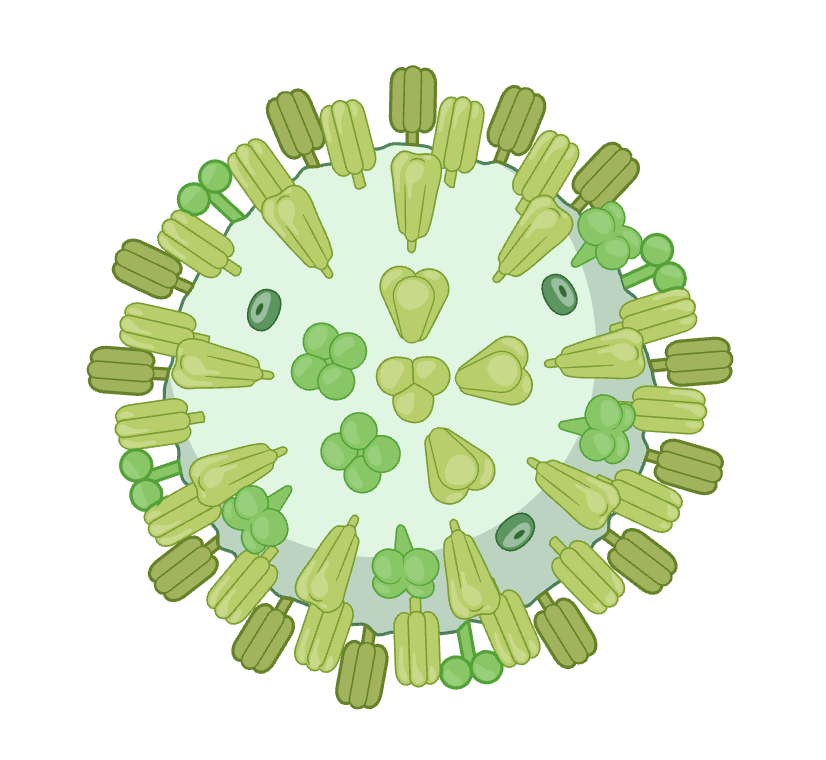one. Role of protease inhibitors
There are many complex regulatory systems in the cell, in which proteases play a crucial role. Protease inhibitors, as an important class of bioactive molecules, have the ability to regulate protease activity, which plays an important role in signaling and life activities in the cell. In this paper, we will introduce the definition, mechanism of action, classification, and application of protease inhibitors in biomedical field.
two.Definition and mechanism of action of protease inhibitors
Protease inhibitors are a class of small molecule compounds or proteins that can bind to proteases and inhibit their activity. Proteases are enzymes that hydrolyze proteins to break them down into small fragments, and are critical regulators in molecular biology. Protease inhibitors affect a variety of biological processes within cells by interacting with proteases and altering their activity.
The mechanisms of action of protease inhibitors are varied and include the following:
1. competitive inhibition: protease inhibitors bind to the active site of the protease, blocking the binding of the substrate to the protease and thus inhibiting the hydrolysis of the substrate.
2. non-competitive inhibition: the protease inhibitor binds to the inactive site of the protease and alters the conformation of the protease, resulting in a reduction or inactivation of its activity.
3. reversible and irreversible inhibition: protease inhibitoras cn be categorized into reversible and irreversible inhibition based on the stability of the protease inhibitor binding to the protease.
three. Classification of protease inhibitors
According to the source and mode of action of protease inhibitors, they can be categorized as follows:
1. Natural inhibitors: Many molecules with protease inhibitory activity exist in nature, such as casein, insulin and plasma enzymes. They exist in organisms as natural proteins and inhibit their activity by binding to proteases.
2. Synthetic inhibitors: Scientists have created a class of inhibitors with specific structures and functions through chemical synthesis. These inhibitors can be designed to target specific proteases for more precise regulation.
3. Genetically Engineered Inhibitors: Using genetic engineering techniques, the gene for an inhibitor is introduced into a cell so that it can be expressed in large quantities within the cell. This approach allows for sustained inhibition of specific proteases, leading to more in-depth studies of cellular function.
four. Application of protease inhibitors in biomedical fields
1. Drug development: Proteases play an important role in the occurrence and development of many diseases, so protease inhibitors are widely used in drug development. For example, protease inhibitors against HIV virus have become important drugs for the study of HIV infection.
2. Cancer research: Overactive proteases are present in certain cancer patients, leading to abnormal cell proliferation and invasion. Protease inhibitors can target these overactive proteases for selective inhibition, thus stopping the development and spread of tumors.
3. Inflammatory regulation: The release and activation of active enzymes in the inflammatory response is one of the most important causes of exacerbation of the inflammatory process. Protease inhibitors are able to inhibit the activity of these active enzymes, thereby reducing the inflammatory response and associated tissue damage.
4. Disease research and mechanism exploration: Through the application of protease inhibitors, researchers can conduct in-depth studies on the roles of different kinds of proteases in cellular regulation and signaling, and reveal the complex intracellular regulatory mechanisms.
five. Conclusion and Prospect
Protease inhibitors, as an important class of biologically active molecules, are able to regulate intracellular signaling and biological processes. In the field of biomedicine, protease inhibitors have broad application prospects and can be used in drug development, cancer research, inflammation regulation and disease research. With the continuous development and advancement of related technologies, we can look forward to a wider application of protease inhibitors in the future, which will make a greater contribution to the progress of life science research and clinical medicine.



